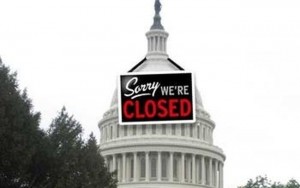This blog makes references to Jeffrey Tung’s blog post “Twitter Going Public- Will You Buy Their Shares?” (https://blogs.ubc.ca/chehsiangtung/2013/10/07/twitter-going-public-will-you-buy-their-shares/)

Twitter’s announcement of going public has caused quite the hype around the business world. As Jeffrey Tung described in his blog, there has been a back and forth debate on whether buying Twitter’s shares would be a good investment or a risky one. Jeffrey addressed how buying a share would not be a good idea due to past IPO’s of social media companies, for example, Facebook. The stock plunged after it’s IPO.
Over the past weekend, the New York Stock Exchange ran a “dry test” for Twitter’s IPO which was described as very successful. They predict that when Twitter finally goes public around the U.S. Thanksgiving Holiday, it will just be as successful, if not more.
However, there are still many issues that could potentially hinder Twitter’s IPO success. First, as addressed by Jeffrey, Facebook’s, a leading competitor to Twitter, IPO did not go well. People may be reluctant to buy Twitter’s shares. Additionally, Twitter’s main revenue stream is from advertisements. This is a very unstable and unpredictable revenue stream. Twitter is also not releasing all of their details, making the customers less confident. Another factor making consumers less confident is the recent government shutdown. In the CBC news article, it states that U.S. consumer confidence is falling, in turn, declining consumer spending.
Although the dry run had a favourable outcome, it does not necessarily mean the actual exchange will occur that way. There are still multiple problems that could stand in the way of Twitter’s IPO success. Will these issues burden Twitter’s success or are they negligible? Will the success from the dry run carry over to the actual IPO?
Figure 1: http://mashable.com/2013/10/03/6-things-twitter-ipo/
Source 1: http://news.yahoo.com/nyse-holds-successful-dry-run-twitter-ipo-222750401–finance.html
Source 2: http://www.cbc.ca/news/business/u-s-consumer-confidence-falls-after-government-shutdown-1.2286926
Source 3: http://online.wsj.com/news/articles/SB10001424052702304500404579126950604701622


